How to Collect & Conserve Water in the Garden
As Summer makes way for Autumn, the good weather shifts toward the inevitable grey skies, windy weather, and rain. Hang on, is that not what we’ve just had all summer? It certainly was in my garden! Autumn may seem like an unusual time to be thinking about collecting and storing water; after all, there’s unlikely to be a shortage falling from the skies over the next six months. But, like all the best things in the gardening, preparation and getting ahead is the key to success.

SAVING FOR A NOT RAINY DAY!
So why should we all be collecting at least some of the water we use in our gardens? When I talk to people about gardening, I often ask them to imagine the huge impact if everybody grew just one small container or planter. Conserving water is exactly the same. Quickly google to find out how many households there are in your area and imagine if everyone collected a single watering can of water. Forget the odd pond here and there, whole swimming pools could be filled!
It will come as no surprise that plants need the most water when it’s in shortest supply – the warm late spring and summer months. It only takes a hosepipe ban to get most of us wishing we had our own stocks of off-grid water, so now is the time to collect it! Rainwater often has a lower pH than tap water which your plants will thank you for. If you have a water meter, your pocket will thank you for the savings and ultimately, you’re helping to reduce strain on infrastructure. So, it’s helping your garden, it’s helping you, and it’s helping where you live.

GOING WITH THE FLOW
I’ve recently had a greenhouse installed in the garden and not only do I see it as a lovely addition to the garden, it’s twelve square metres of pure, perfect, water capture! I know, I’m a nerd. Most greenhouses either have guttering or the kits are cheap to buy. If you already have one, your greenhouse is a great first step in collecting rainwater. Equally affordable are ‘diverter’ kits for the downpipes that route rainwater off the roof of your house or garage. If you’re feeling particularly creative you can even make your own rainwater harvesting system from a small section of corrugated plastic, angled on a wooden frame over your bins, log storage, anywhere really - the possibilities are endless.

HOW TO STORE RAINWATER
Storage is equally simple and affordable. Anything from a bucket all the way up to a pond will work! Local hardware shops will sell water butts that can store upwards of 100-150 litres each, whilst taking up very little space. If you’re after next-level water storage, google ‘IBC tanks’ which can hold 1000 litres each. These can be bought new or second hand. A note of caution: ensure that used IBC tanks were only used for food grade purposes to avoid contamination from fuel or chemicals that may have been used in the tanks previously.

MAKE IT EASILY AVAILABLE
It’s all too easy to fall back to the comfortable convenience of the hose; grab it and start watering. So, my top tip is to make your water storage super-easy to access. Water butts tend to have small, fiddly taps that take FOREVER to fill a watering can. Now, I don’t know how patient you are, but I am not. I find that open water containers like troughs work the best. You can even buy specially designed dipping tanks. Then all you have to do is dunk your watering can in to fill it in seconds. Result!
Some of the simplest actions we take in the garden have the biggest positive effects. Saving even a small amount of water is one of those things. So, if you haven’t got started, give it a go!

BIO
Niall is a gardener and creator of the channel ‘Niall Gardens’ on YouTube. He presents segments on TV and radio and is the winner of the Garden Media Guild’s Alan Titchmarsh New Talent of the Year award 2022.

More from Niall
Related Products


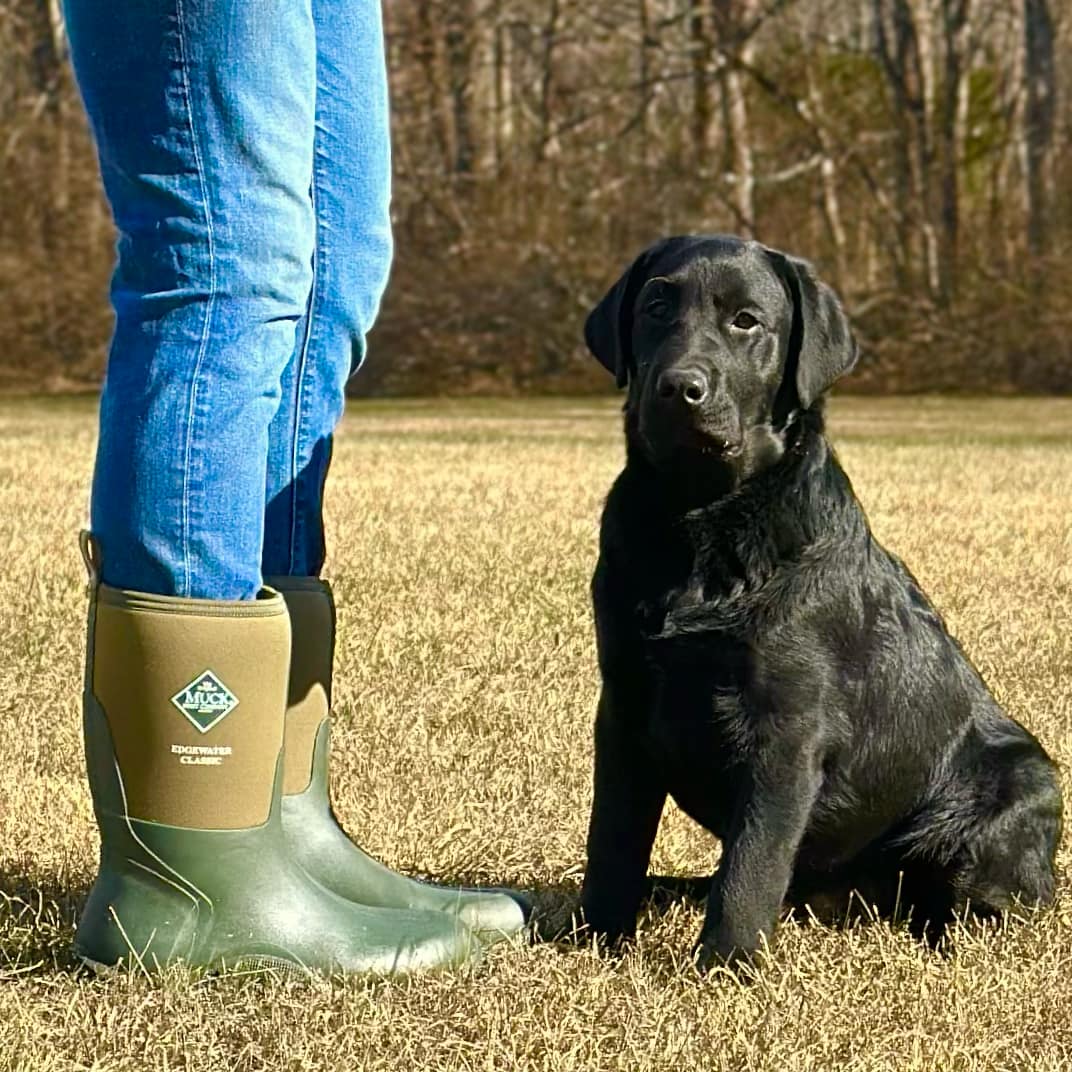
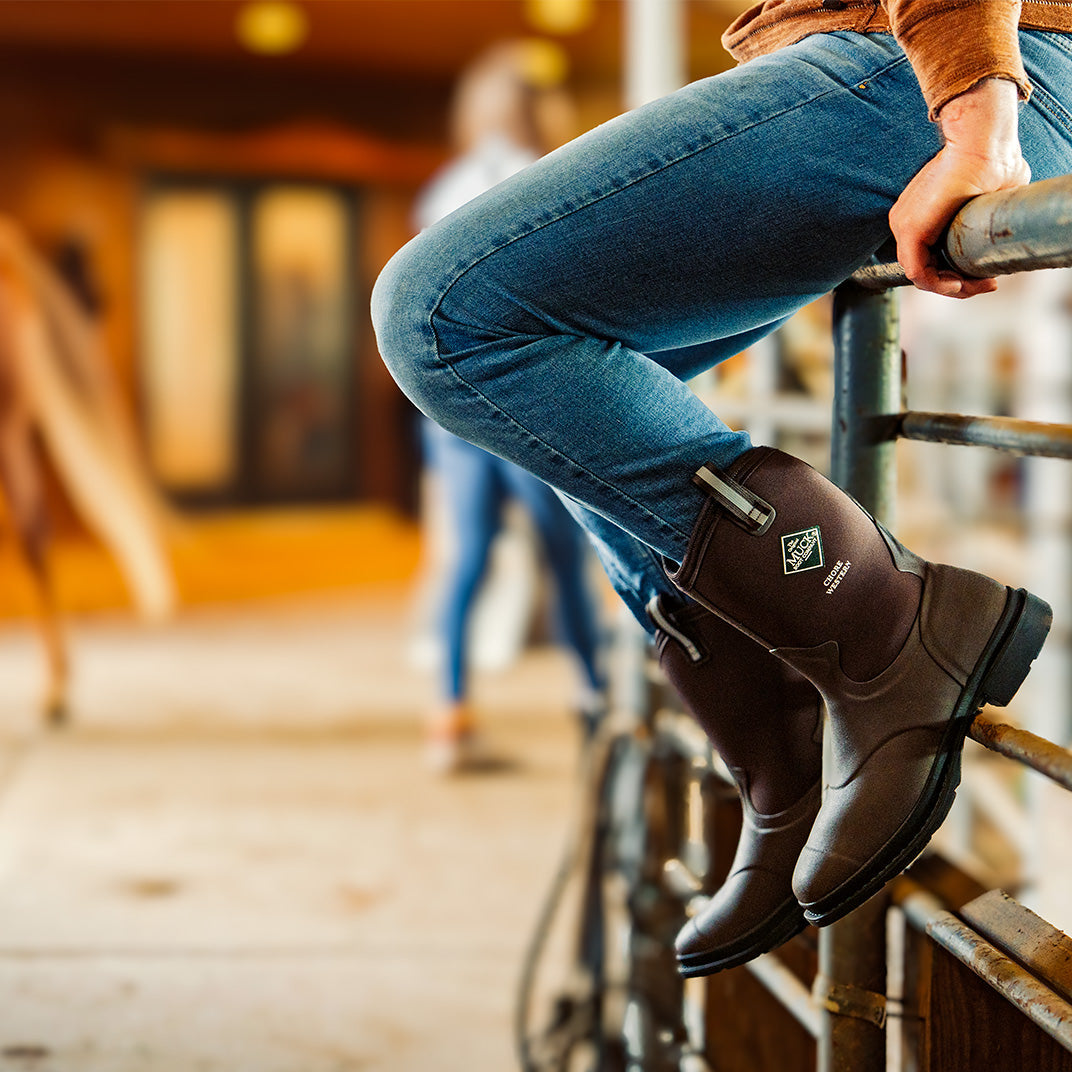
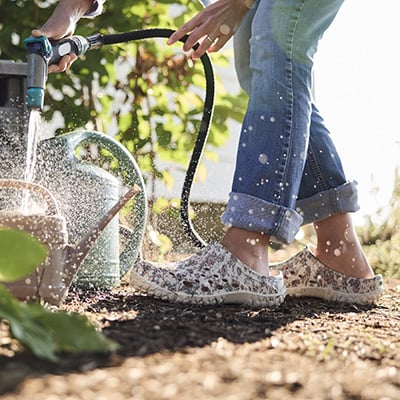
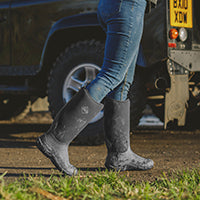
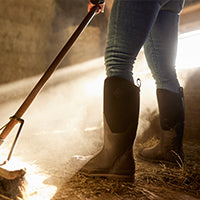
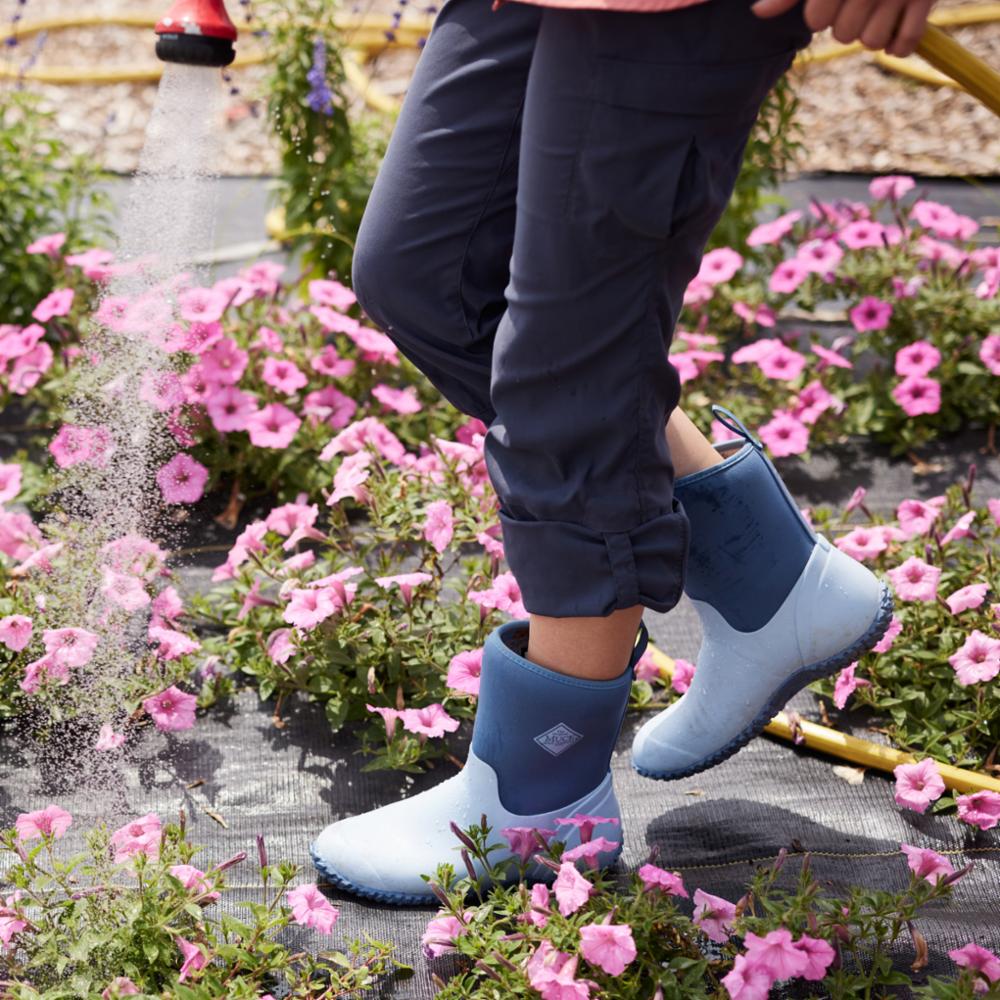
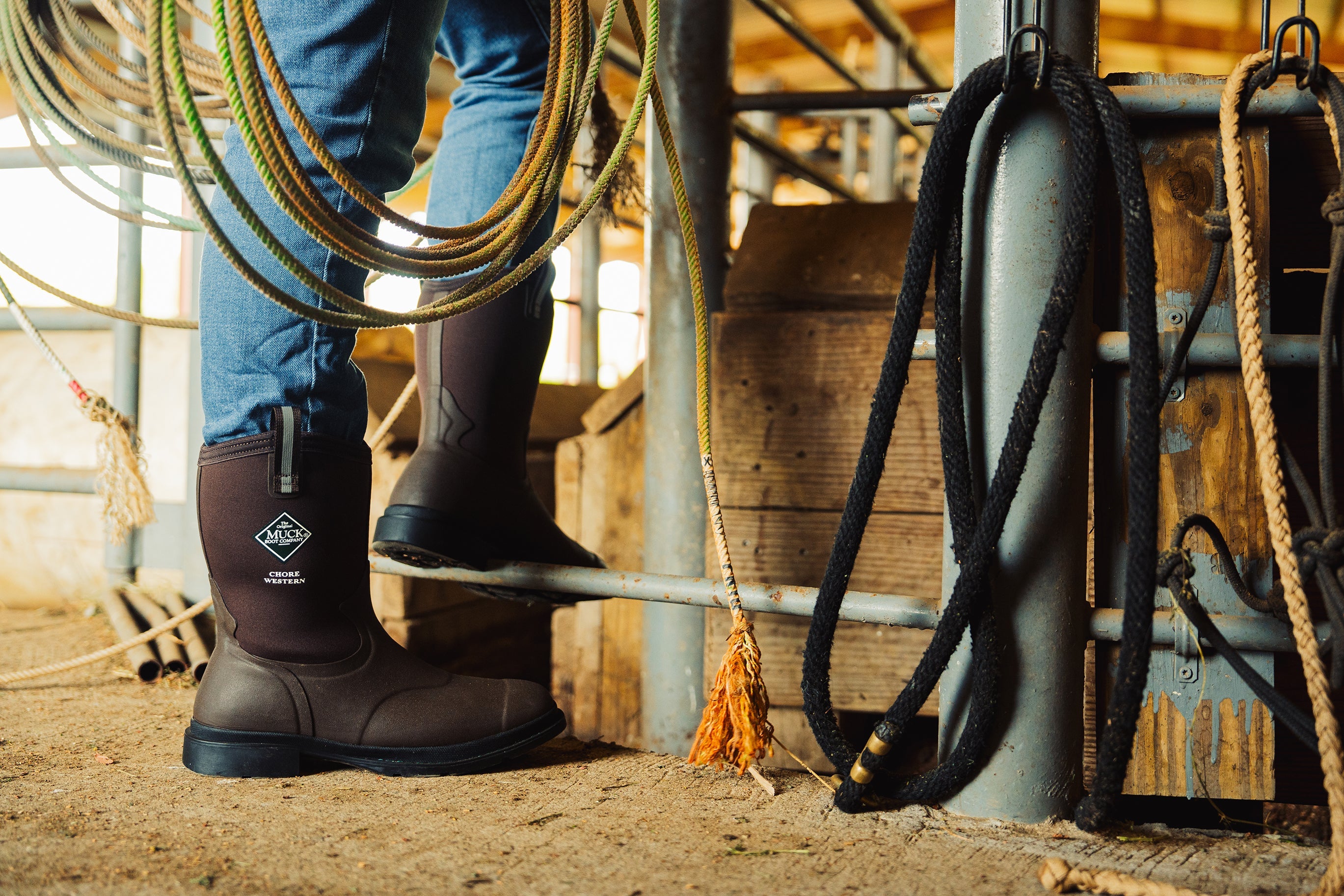
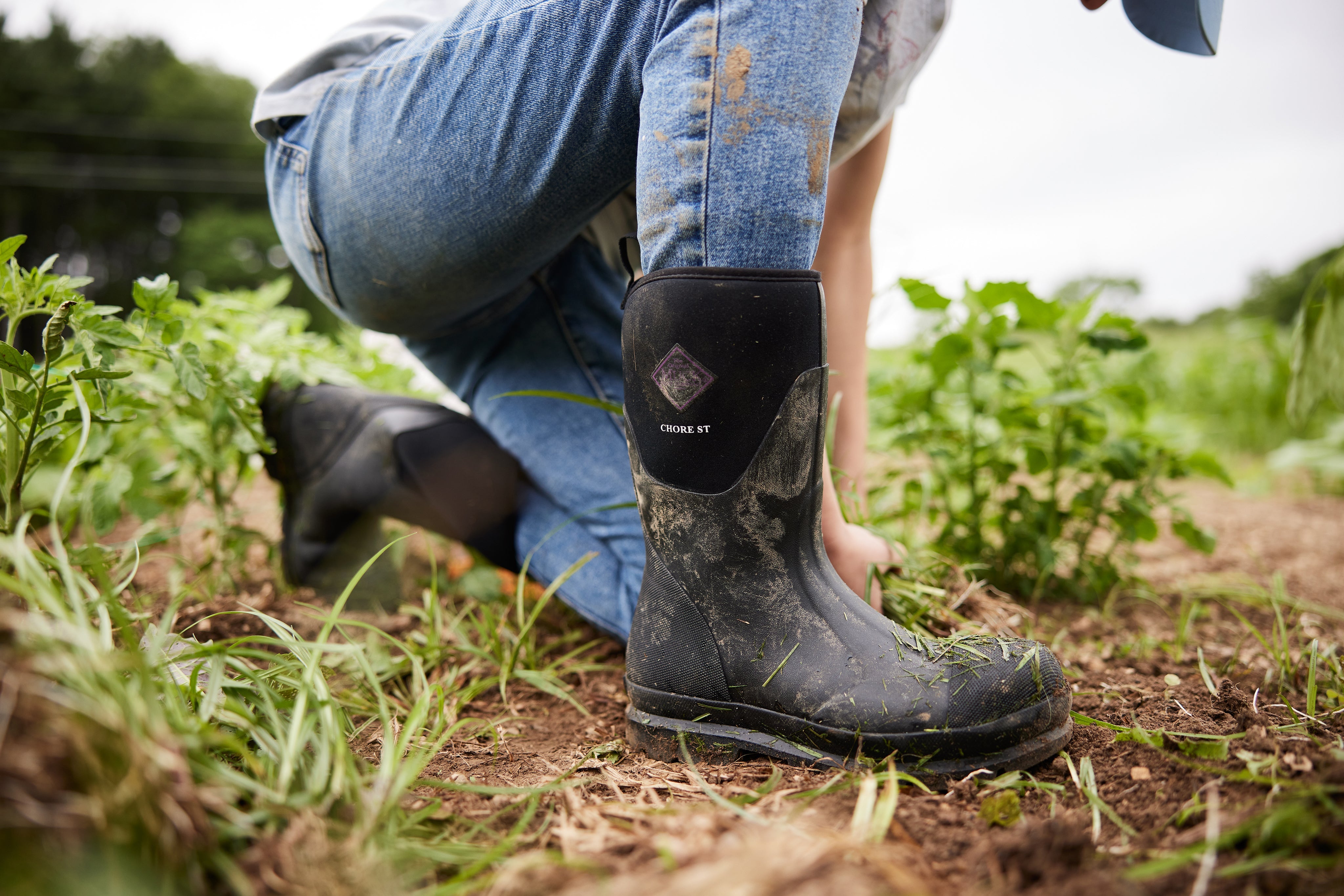
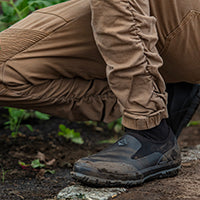
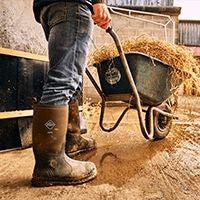

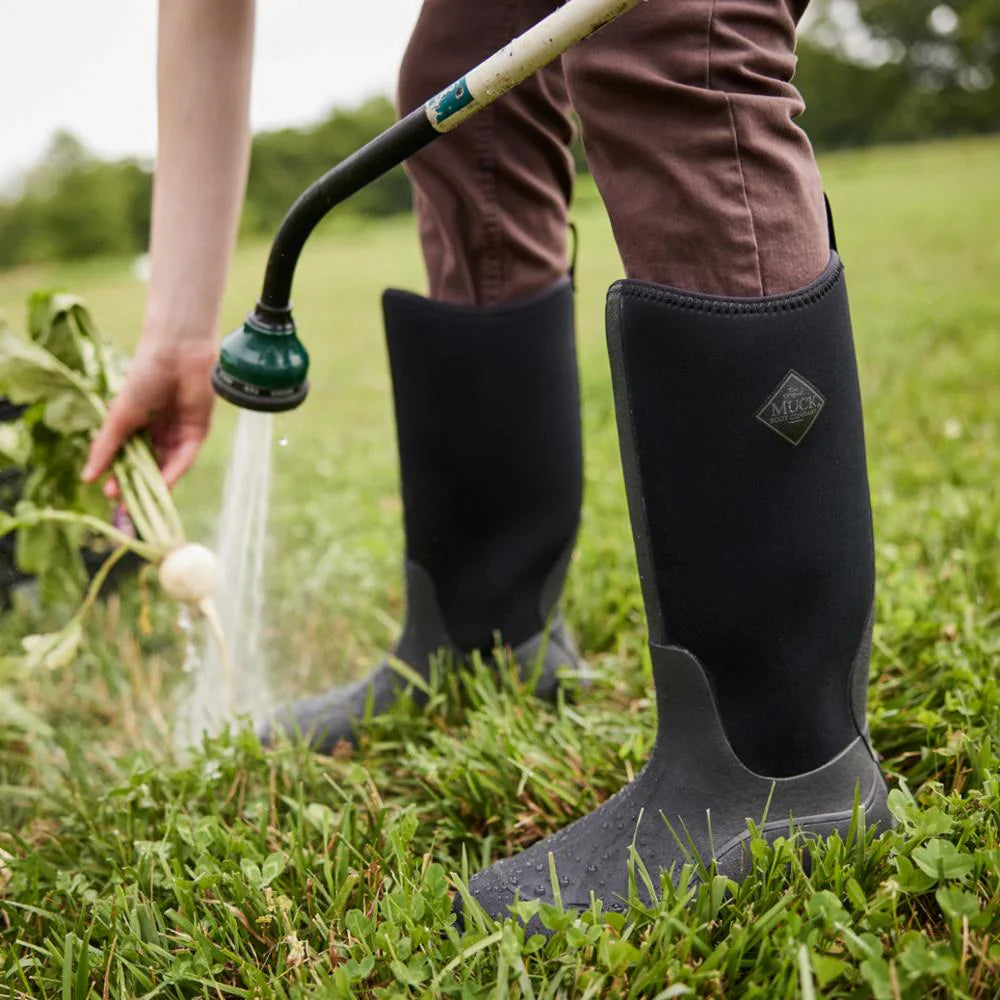
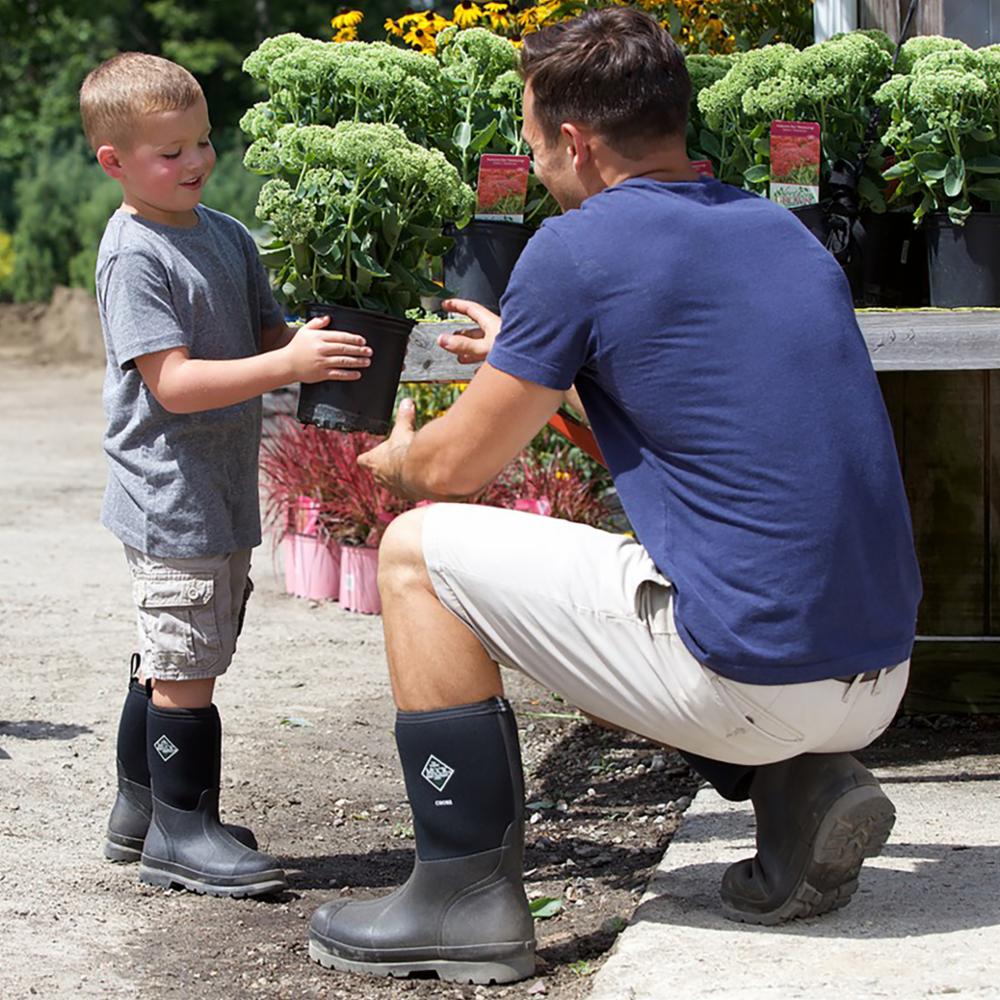
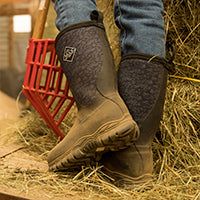


Leave a comment